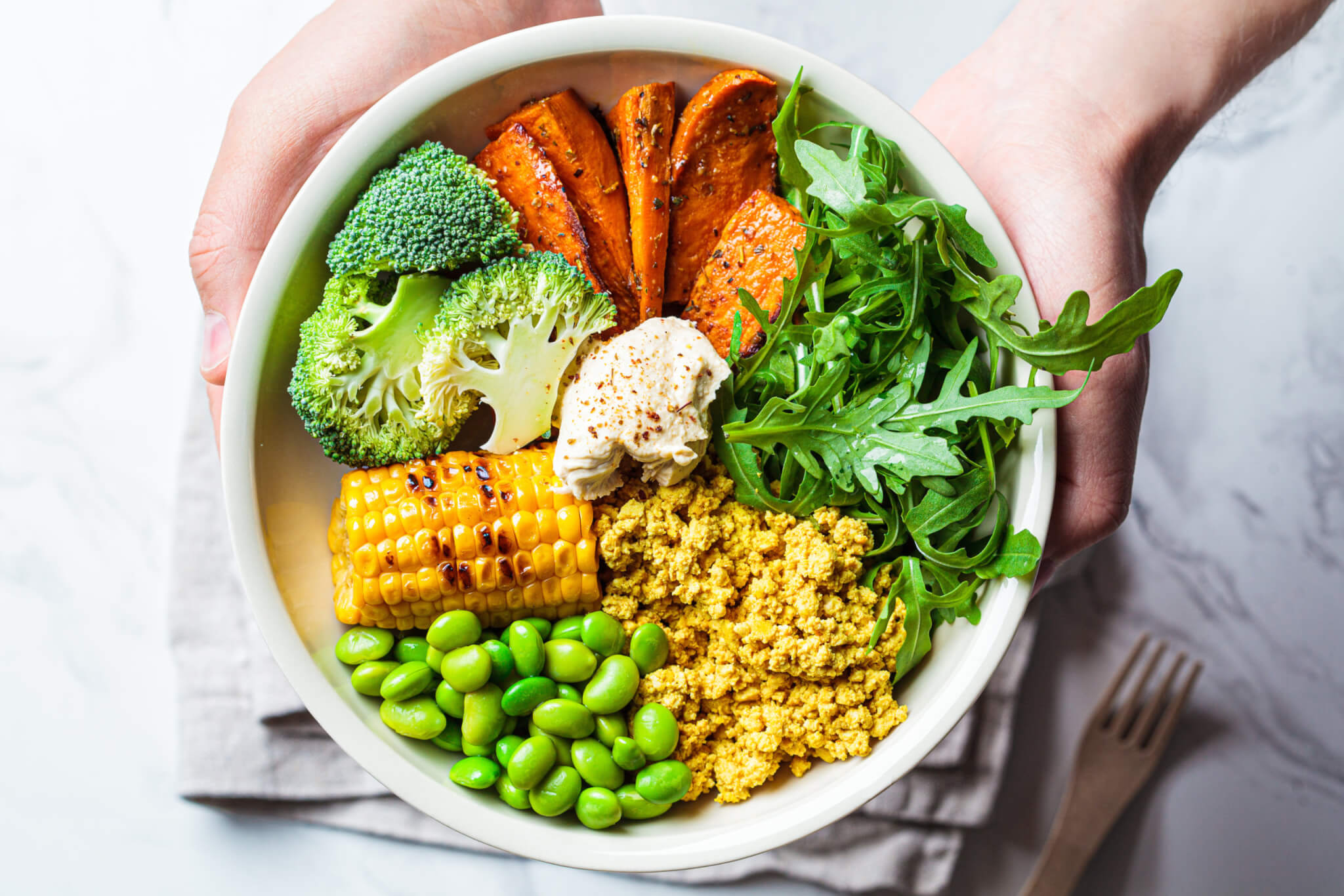SÃO PAULO, Brazil — Vegans are less susceptible to contracting COVID-19, a new study concludes. The research indicates that individuals adhering to a mostly plant-based or vegetarian diet have a 39-percent lower risk of infection from this potentially fatal virus.
Published in BMJ Nutrition Prevention & Health, the study proposes that a diet rich in vegetables, legumes, and nuts, and low in dairy products and meat, could contribute to reducing the risk of contracting COVID-19.
Previous studies have implied that diet might significantly influence both the development of a COVID infection and the severity of its associated complications. Brazilian researchers assessed the impact of dietary patterns on the prevalence, severity, and duration of COVID-19 among 702 adult volunteers. These participants were asked about their typical dietary habits, lifestyle, medical history, and COVID-19 vaccination status.
The study authors categorized the volunteers into two dietary groups: omnivorous (424 participants) and predominantly plant-based (278 participants). They also subdivided the latter group into flexitarians or semi-vegetarians, who consume meat a maximum of three times a week (87 participants), and vegetarians including vegans (191 participants). Those on plant-based or vegetarian diets typically consumed more vegetables, legumes, and nuts, and less or no dairy and meat.
The study found no significant differences in sex, age, or vaccination rates between the omnivorous and plant-based groups. However, a notably higher proportion of the plant-based group had postgraduate education. The omnivores reported more medical conditions and lower levels of physical activity, and a greater number were overweight or obese – factors known to increase the risk of COVID-19 infection and its severe complications.
Out of all participants, 330 (47%) reported contracting COVID-19. Among these, 224 (32%) experienced mild symptoms, and 106 (15%) suffered moderate to severe symptoms. The incidence of COVID-19 was significantly higher in the omnivorous group (52%) compared to the plant-based groups (40%), and they were more prone to moderate or severe infection. However, there was no difference in the duration of symptoms between the two groups.

After adjusting for influential factors such as weight, pre-existing medical conditions, and physical activity levels, the researchers found no overall difference in symptom severity between the two dietary groups. Nonetheless, those following a predominantly plant-based, vegetarian, or vegan diet were 39 percent less likely to contract the virus than their omnivorous counterparts. The researchers speculate that plant-based diets might offer more nutrients that strengthen the immune system and aid in combatting viral infections.
“Plant-based dietary patterns are rich in antioxidants, phytosterols and polyphenols, which positively affect several cell types implicated in the immune function and exhibit direct antiviral properties,” the study authors write in a media release.
“In light of these findings and the findings of other studies, and because of the importance of identifying factors that can influence the incidence of COVID-19, we recommend the practice of following plant-based diets or vegetarian dietary patterns.”
“This research adds to the existing evidence, suggesting that diet may have a role in susceptibility to COVID-19 infection,” notes Shane McAuliffe, Senior Visiting Academic Associate, NNEdPro Global Institute for Food, Nutrition and Health, which co-owns BMJ Nutrition Prevention & Health with BMJ.
“But this remains an area of research that warrants more rigorous and high quality investigation before any firm conclusions can be drawn about whether particular dietary patterns increase the risk of COVID-19 infection.”
You might also be interested in:
- Does going vegan actually lower your grocery bill?
- 2 wild plant extracts block COVID-19 infections, study reveals
- These 15 foods in an anti-inflammatory diet could treat long COVID
South West News Service writer Stephen Beech contributed to this report.

Likely the Veggie side was inherently more cautious in diet selection, thus having a diet that promoted a stronger immune system reaction.
The ‘overweight, and health problems’ stated about the Omni’s is very relevant.
I’ve been a vegan for 38 years. My children have been vegans their whole lives…they are teenagers now. My husband, not so much. Anyway guess who got covid twice and who hasn’t gotten it?????
Most Covid 19 transmission is human-to-human. Very few people want to be around vegans. This is the only explanation you need.